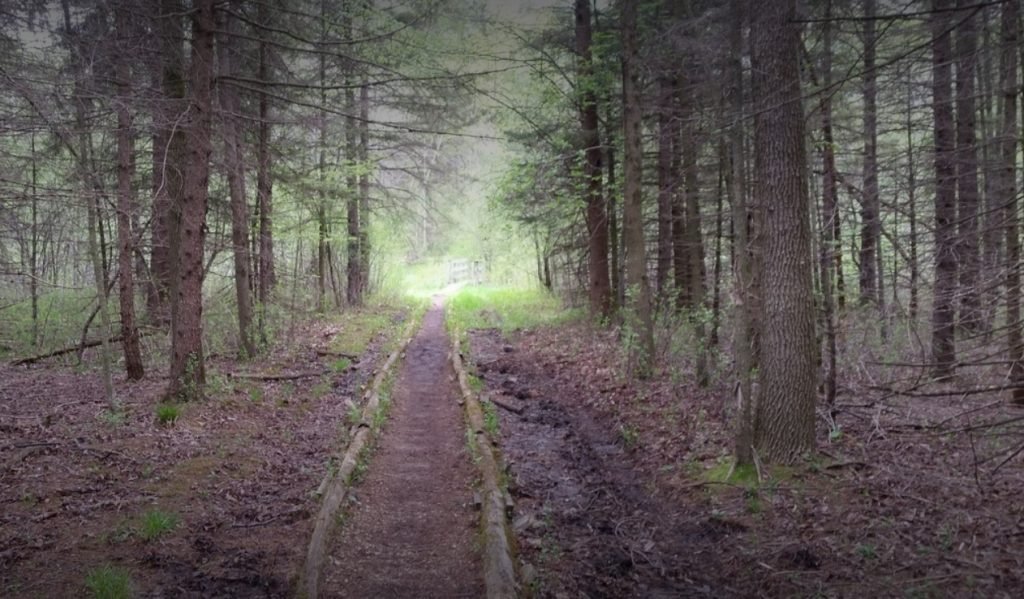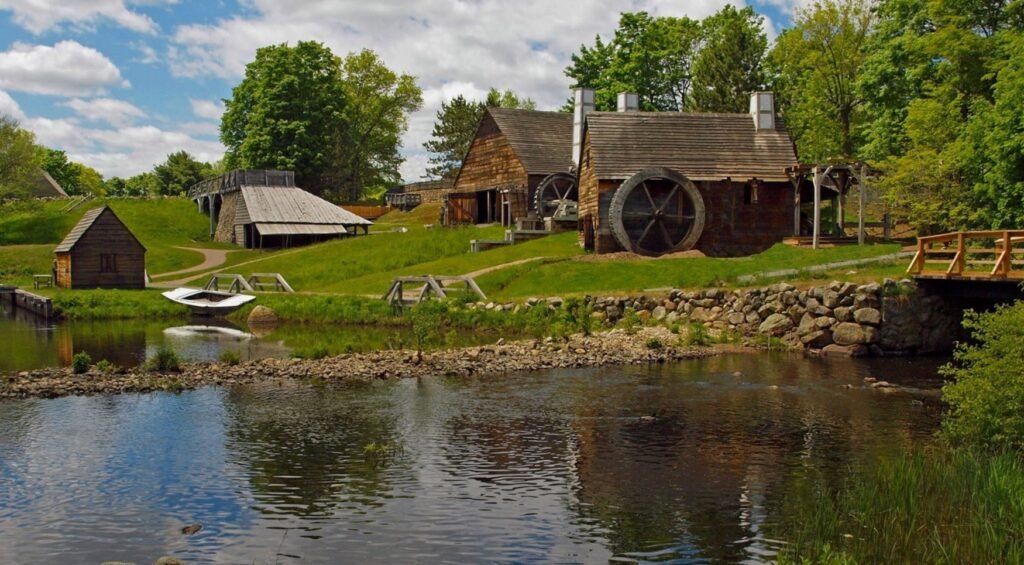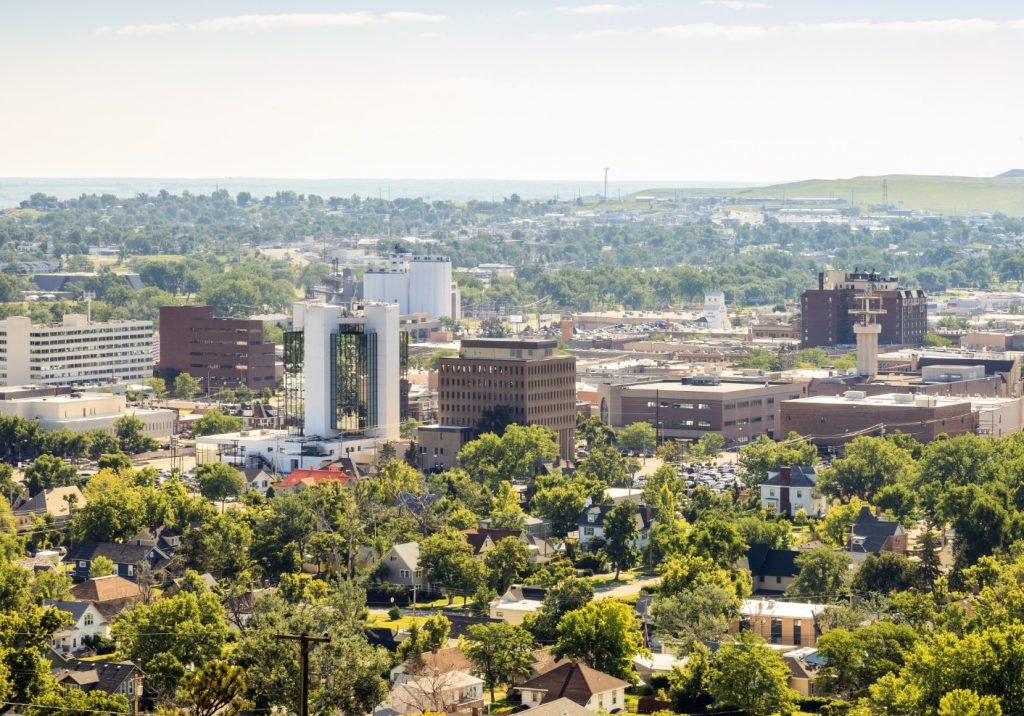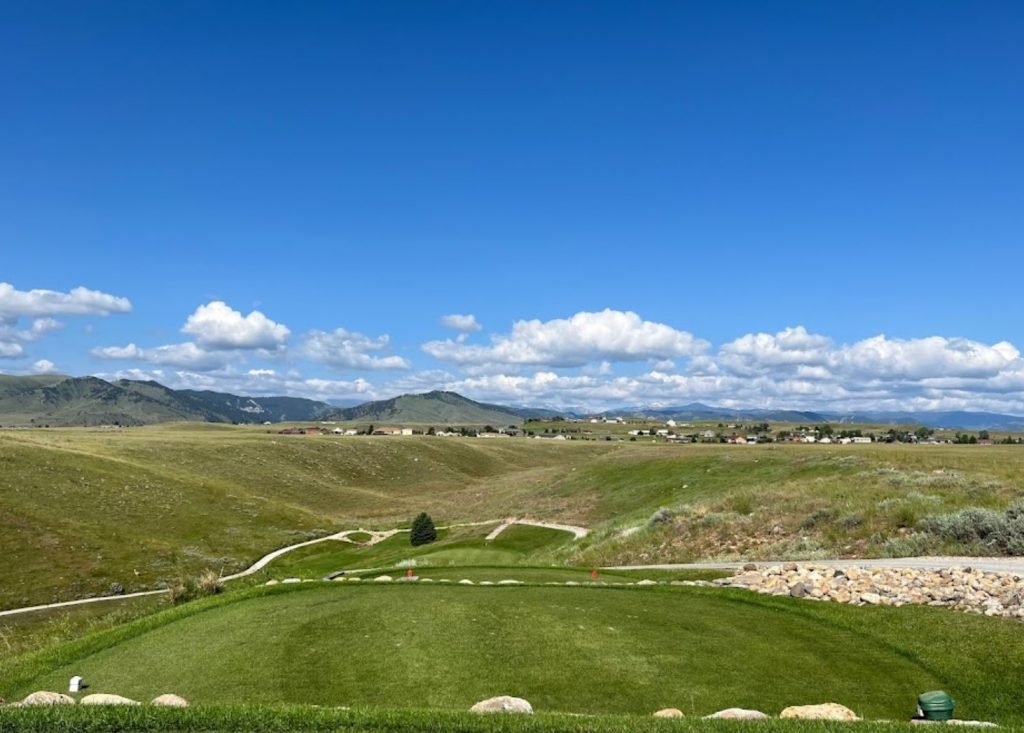
Keweenaw National Historical Park

Michigan
Keweenaw National Historical Park is located on the Keweenaw Peninsula in the Upper Peninsula of Michigan. Established in 1992, the park aims to preserve and interpret the rich cultural and industrial heritage of the Keweenaw Peninsula, particularly its copper mining history. Here are some key features and aspects of Keweenaw National Historical Park:
- Copper Mining Heritage: The Keweenaw Peninsula was a major copper-producing region in the 19th and early 20th centuries. The park preserves and showcases the mining heritage of the area, including mines, mining towns, and related structures.
- Calumet Unit: The park has multiple units, and one of the main units is located in Calumet, Michigan. Calumet was a bustling mining town during the copper boom, and visitors can explore historic buildings, such as the Calumet and Hecla Mining Company offices.
- Quincy Unit: Another significant unit is the Quincy Unit, which includes the Quincy Mine and its associated structures. The Quincy Mine was one of the most successful copper mines in the region.
- Visitor Centers: The park has visitor centers that provide information about the history of the Keweenaw Peninsula, the copper mining industry, and the people who lived and worked in the area.
- Heritage Sites: Keweenaw National Historical Park encompasses numerous heritage sites, such as industrial sites, company towns, and immigrant neighborhoods. These sites offer insights into the daily lives of the people who contributed to the copper mining industry.
- Trails and Scenic Views: The park features trails and overlooks that allow visitors to explore the landscape and enjoy scenic views of Lake Superior and the Keweenaw Peninsula.
- Educational Programs: Keweenaw National Historical Park offers educational programs and interpretive exhibits to help visitors understand the historical significance of the region. These programs often include guided tours, presentations, and hands-on activities.
- Cultural Events: The park occasionally hosts cultural events and activities, including festivals, workshops, and performances, to engage visitors and promote awareness of the area’s history.
Visitors to Keweenaw National Historical Park can gain a deeper understanding of the region’s copper mining heritage, the challenges faced by the mining communities, and the impact of this industry on the development of the Keweenaw Peninsula. Before planning a visit, it’s advisable to check the park’s official website for the latest information and any updates on operating hours and services.












Responses